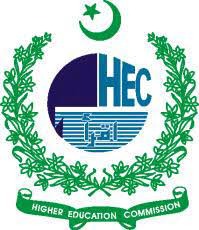Optimizing Production Engineering: Data Science and ML Solutions for Scalable Data Pipelines in Supply Chain Software
Abstract
In the era of Industry 4.0, optimizing production engineering through intelligent systems has become a strategic priority for supply chain-driven industries. This study investigates the integration of Data Science and Machine Learning (ML) solutions within scalable data pipelines to enhance production performance and decision-making in supply chain software platforms. A hybrid methodology was employed, combining real-time data pipeline engineering using Apache Kafka and Airflow with predictive modeling through algorithms such as Random Forest, XGBoost, ARIMA, and Prophet. Empirical analysis was conducted across multiple industrial case studies, evaluating the system on key performance indicators (KPIs) such as production throughput, machine downtime, and inventory turnover. The results revealed notable improvements in operational accuracy, with Prophet outperforming ARIMA in demand forecasting and Random Forest achieving 92.4% accuracy in equipment failure prediction. Scalable data pipelines ensured high throughput and low latency, supporting seamless real-time ML deployment. Statistical analysis confirmed the significance of performance gains, with production efficiency increasing by 9.3% and forecast error decreasing by over 38%. This study provides a practical, data-driven framework for optimizing production workflows and establishes a foundation for AI-enabled supply chain transformation. The findings highlight the critical role of ML and data engineering in advancing modern production systems and driving digital resilience in industrial operations.
Letters in High Energy Physics (LHEP) is an open access journal. The articles in LHEP are distributed according to the terms of the creative commons license CC-BY 4.0. Under the terms of this license, copyright is retained by the author while use, distribution and reproduction in any medium are permitted provided proper credit is given to original authors and sources.
Terms of Submission
By submitting an article for publication in LHEP, the submitting author asserts that:
1. The article presents original contributions by the author(s) which have not been published previously in a peer-reviewed medium and are not subject to copyright protection.
2. The co-authors of the article, if any, as well as any institution whose approval is required, agree to the publication of the article in LHEP.


